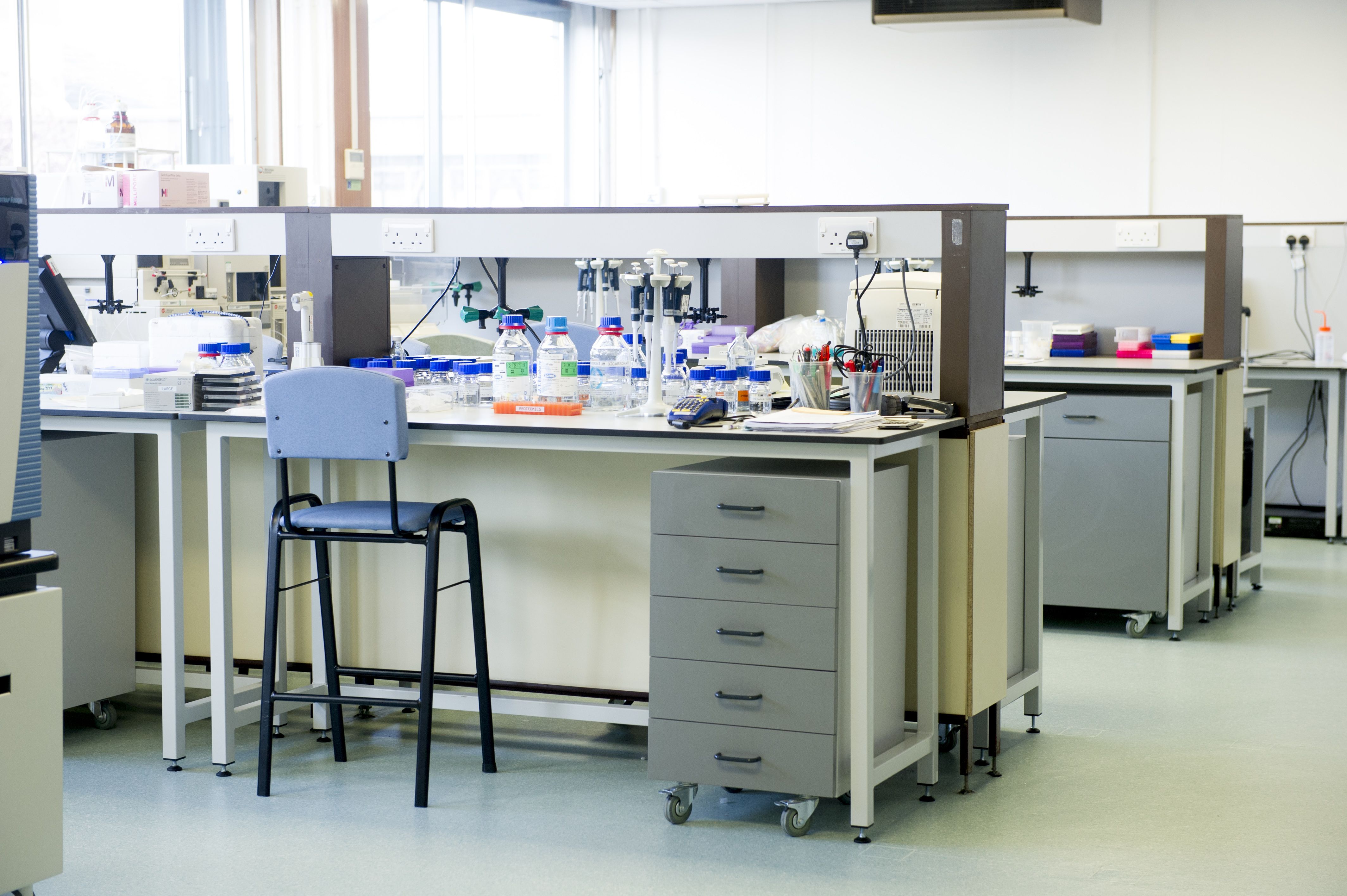SciTech study tips: Biochemistry
Before I started my degree at the University of Warwick, I had no idea what to expect. After looking into the course modules on Moodle, buying all my new stationery and university essentials, I still wasn’t fully prepared for what life as a first year would be like. So, to help you avoid making all the same mistakes I did last year, I’ll tell you what I wish I’d known; here’s a guide to studying Biochemistry at Warwick.
I was not expecting to have a heavy workload in my first year of university; and, in many ways, I did not. But my days were long in first year. For all of Term 1 and about half of Term 2, my days would begin at 9am and I wouldn’t even begin to head home until after 4pm, at least. One of the hardest things to get used at the beginning is labs. Chemistry labs, at the beginning of Term 1, are not too bad; there’s only four of them and the post-lab assessments aren’t too bad. The only thing I recommend is borrowing the Harwood ‘Experimental Organic Chemistry’ textbook from the library.
After looking into the course modules on Moodle, buying all my new stationery and university essentials, I still wasn’t fully prepared for what life as a first year would be like
It’s Life Sciences labs that are more difficult. For Biochemists, labs are scheduled as a seven-hour block on a Friday. Luckily, they don’t always take up that entire time. It’s the lab report you spend days writing afterwards that takes a while to get used to. Time management is key because you will have a lab report due every week for most of your first year alongside other assignments and in-module tests. It’s important to remember that labs are one of the biggest modules, making up 20% of your first-year grade. If you have an overall grade of below 40% in labs, regardless of your other grades, you will be required to withdraw from the University.
Before arriving, it’s worth familiarising yourself with the structure of academic papers. You don’t read many in first year, but knowing the style sets you up to write better lab reports, making your life much easier. The department also has a supportive, skills-based module called ‘Science 101’ which has sessions and workshops based around fundamental skills like writing a lab report, designing a scientific poster – I would really recommend going to these, particularly because the sessions are usually led by the people that will be assessing you on these things.
The department also has a supportive, skills-based module called ‘Science 101’ which has sessions and workshops based around fundamental skills
There are only two main textbooks you’ll need for first-year Biochemistry: Stryer’s Biochemistry and Clayden’s Organic Chemistry. Stryer’s Biochemistry is essential reading for the Christmas essay you have to complete, but it’s also incredibly useful for revising for exams and consolidating your lecture notes. Clayden’s Organic Chemistry is most definitely essential reading as it covers aspects of the module that come up in the exam but aren’t in lectures, such as NMR and spectroscopy. It’s very important to stay caught up with organic chemistry or things will get difficult incredibly quickly; go to the tutorials and workshops, ask questions and use the online quizzes available on Moodle to test your knowledge.
Managing your time is even more key during what can only be described as “hell week”; it’s one week in the first half of Term 2, where you’ll have deadlines for several assignments. Be prepared, make sure you do things in advance so that this week is as manageable as possible.

Comments